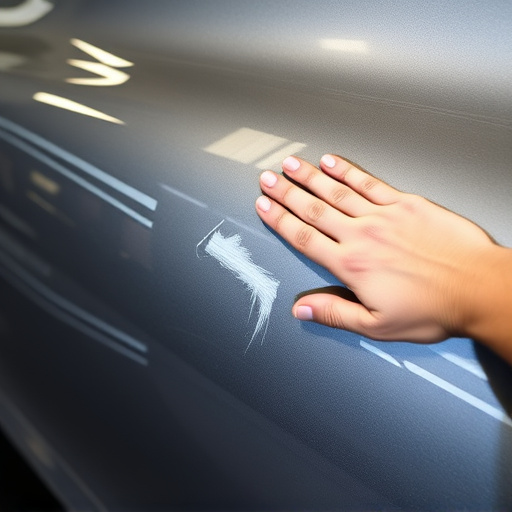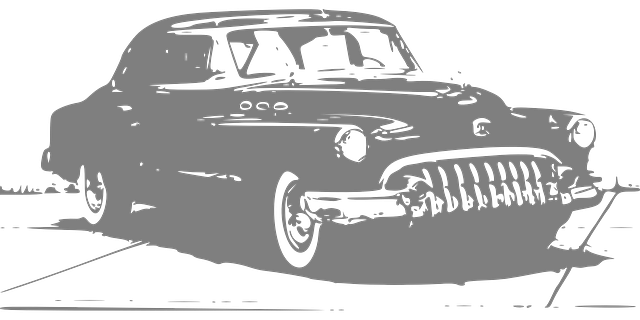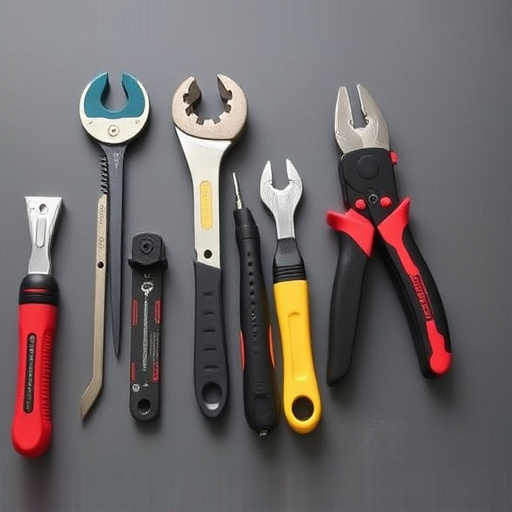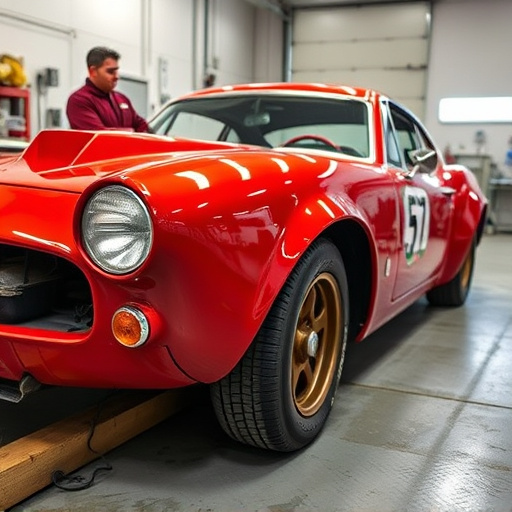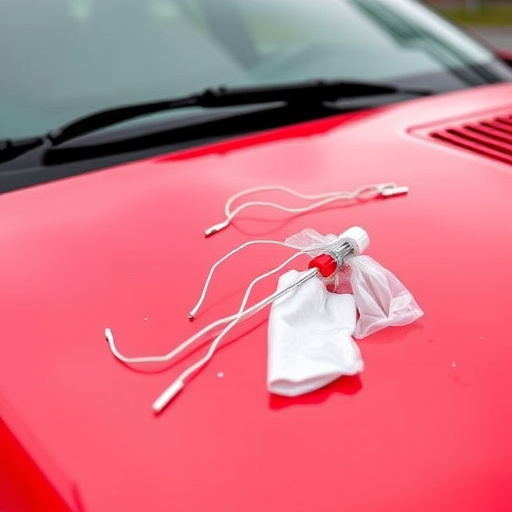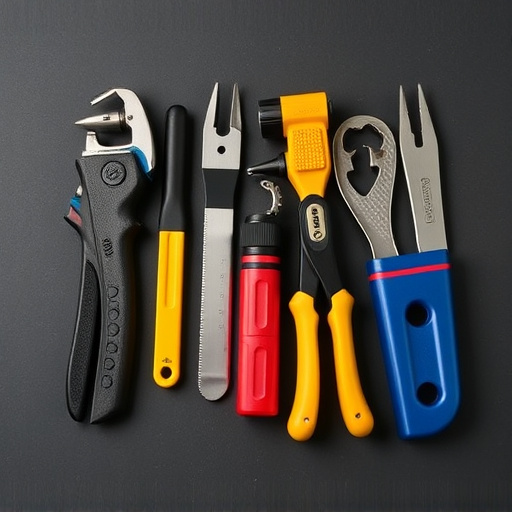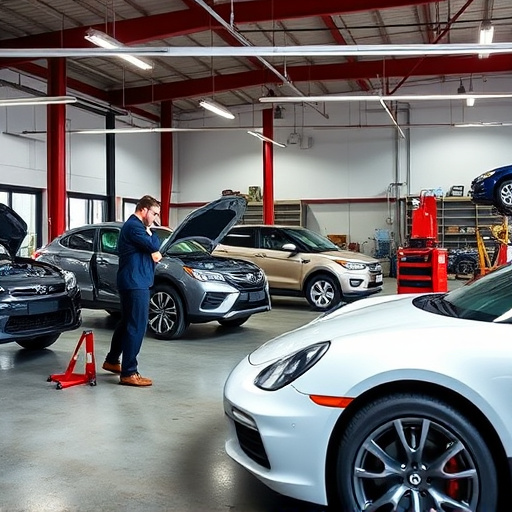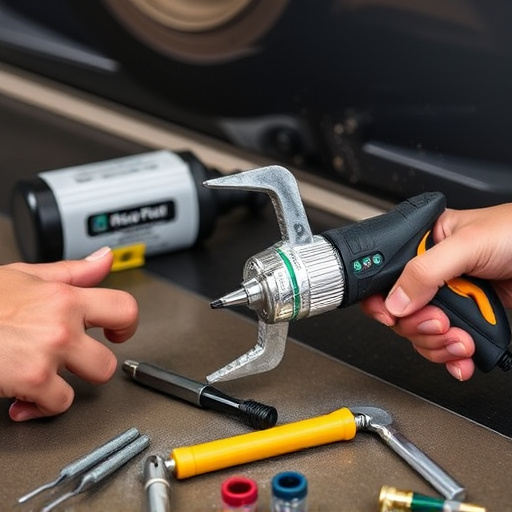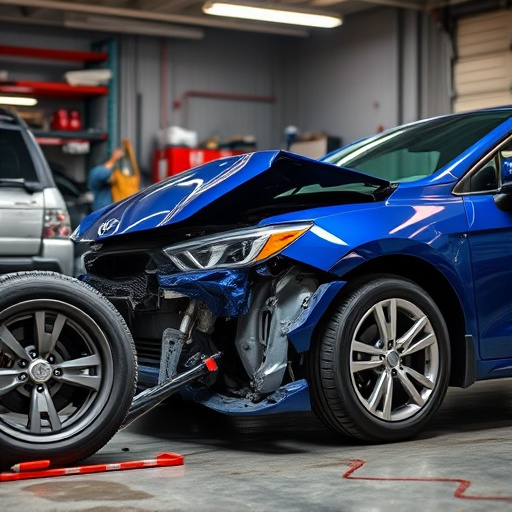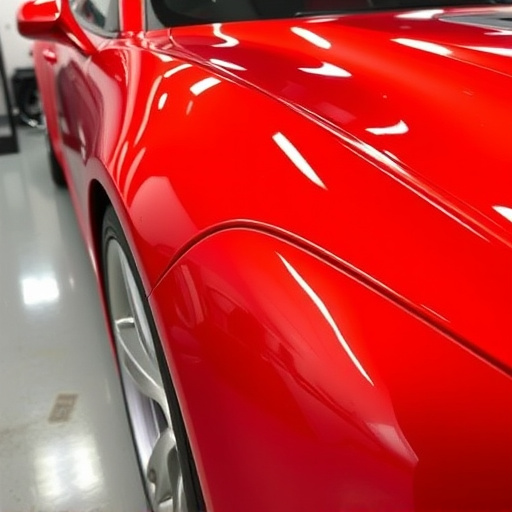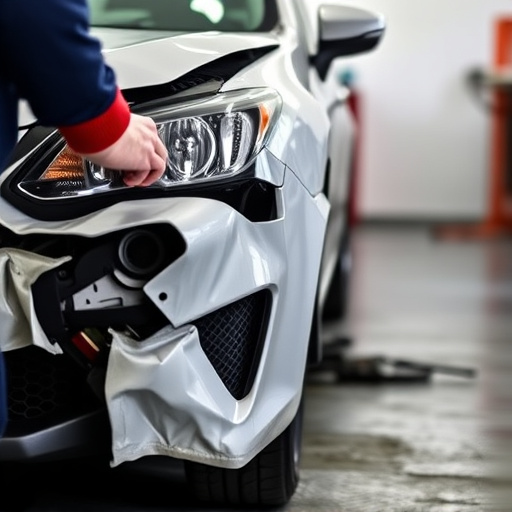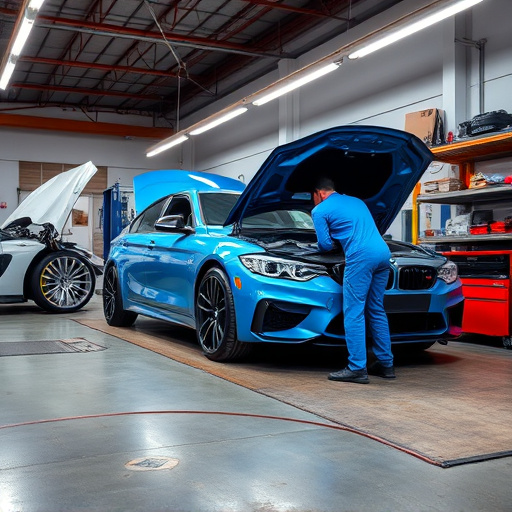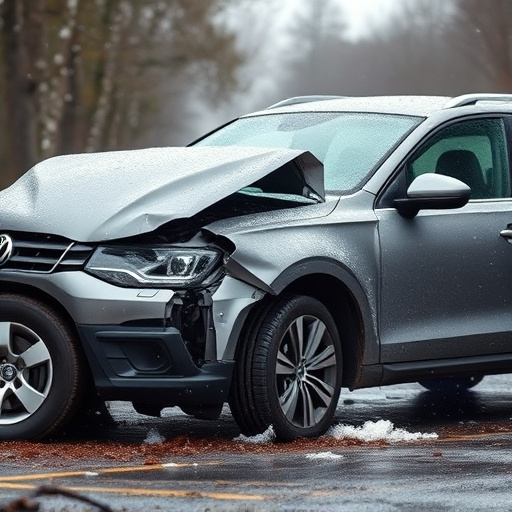Vehicle collision specialists ensure manufacturer warranties remain valid by repairing post-collision damage to cars and trucks according to original equipment standards. They preserve consumer rights, vehicle safety, and reliability by adhering to warranty guidelines covering materials, workmanship, engines, transmissions, brakes, and electrical systems. These specialists work with insurance providers and dealerships to streamline claims processes for luxury brands like Mercedes Benz, maintaining the integrity of manufacturer promises through precise repairs and meticulous documentation.
Vehicle collision specialists play a crucial role in ensuring manufacturer warranties remain valid after accidents. This article delves into the intricate process these experts follow, providing an insightful guide on how they maintain warranty coverage for vehicles post-collision. From understanding the intricacies of manufacturer warranties to implementing best practices, collision centers employ strategic methods to preserve the rights of vehicle owners. Learn more about the key roles and procedures that facilitate this vital service.
- Understanding Manufacturer Warranties for Vehicles
- Role of Collision Specialists in Warranty Maintenance
- Best Practices for Collison Centers to Preserve Warranties
Understanding Manufacturer Warranties for Vehicles
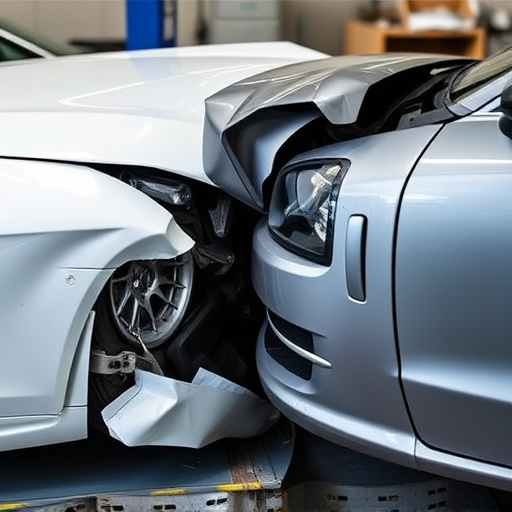
Vehicle collision specialists play a crucial role in maintaining manufacturer warranties for cars and trucks. Understanding these warranties is essential to ensure that repairs made by these professionals align with the original equipment standards set by automakers. Manufacturer warranties typically cover defects in materials and workmanship, offering protection to vehicle owners for a specified period or mileage. This includes various components like the engine, transmission, brakes, and sometimes even electrical systems.
When a vehicle sustains damage due to a collision, it’s not just the visible aesthetics that need attention; internal systems could also be affected. Vehicle collision specialists, often operating in reputable car repair shops or car body shops, are trained to assess and fix these issues while adhering to warranty guidelines. They use their expertise to ensure that any repairs or replacements they perform are within the scope of the manufacturer’s coverage, thereby preserving the consumer’s rights and keeping their vehicles safe and reliable on the road.
Role of Collision Specialists in Warranty Maintenance
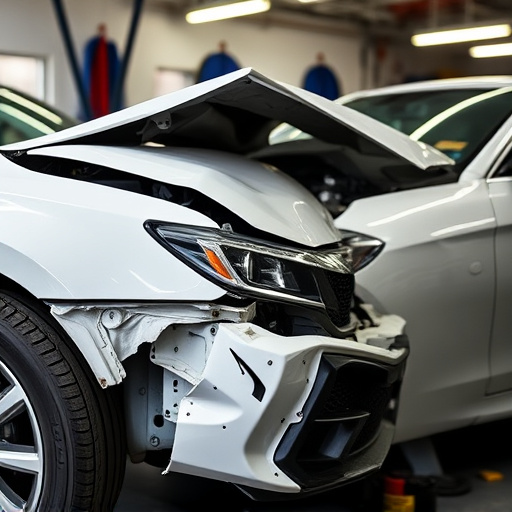
Vehicle collision specialists play a pivotal role in maintaining manufacturer warranties for cars and other vehicles. When a vehicle experiences a collision or accident, it’s natural for damage to occur. These specialists are equipped with the knowledge and skills to assess and repair such damage while adhering strictly to the original equipment manufacturer (OEM) standards. By doing so, they ensure that any repairs made not only restore the vehicle to its pre-accident condition but also preserve the validity of the manufacturer’s warranty.
This is particularly important for car owners, as warranties often cover a wide range of repairs and maintenance services. Trusting your vehicle’s repair to a reputable collision specialist guarantees that these crucial benefits continue to be available to you. They work closely with insurance providers and dealership networks, coordinating efforts to streamline the claims process and ensure that all necessary repairs are covered without compromising on quality or warranty fulfillment. In essence, their expertise enables car owners to navigate post-collision scenarios seamlessly while safeguarding their investment in their vehicle’s original manufacturer warranty.
Best Practices for Collison Centers to Preserve Warranties
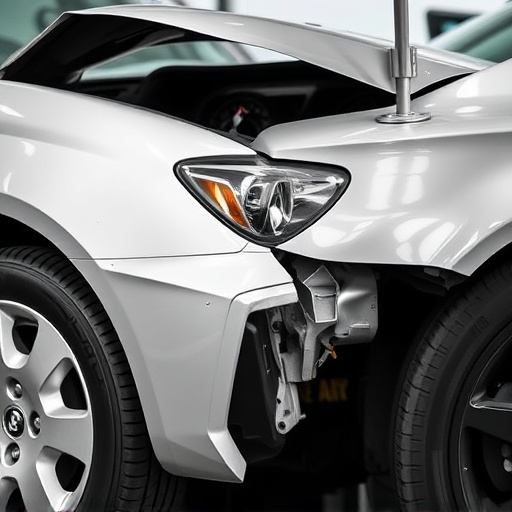
Vehicle collision specialists play a pivotal role in preserving manufacturer warranties for cars, especially luxury brands like Mercedes Benz. To maintain these warranties, collision centers must adhere to best practices that ensure original equipment parts are used and that all repairs align with the vehicle’s specific design and construction. One crucial step is implementing meticulous documentation processes, recording every repair and part replacement accurately. This includes detailing the extent of damage, the repair methods employed, and the materials utilized, ensuring transparency and traceability.
Furthermore, these centers should prioritize training their staff extensively on brand-specific repair procedures and guidelines. For instance, when offering Mercedes Benz collision repair services, technicians must be well-versed in the intricate details of the vehicle’s bodywork, including its unique panel design and finishing techniques. Proper training guarantees that repairs are executed with precision, preserving not only the physical integrity of the car but also the manufacturer’s promise of quality and craftsmanship, as seen in top-tier car bodywork services and scratch repair solutions.
Vehicle collision specialists play a vital role in ensuring that manufacturer warranties on vehicles remain valid after accidents. By adhering to best practices and understanding warranty terms, these professionals can help car owners avoid costly repairs out of pocket. Investing in comprehensive training and staying updated with industry standards enables collision centers to provide quality services while preserving warranties, ultimately fostering trust between repair facilities and their clients.
